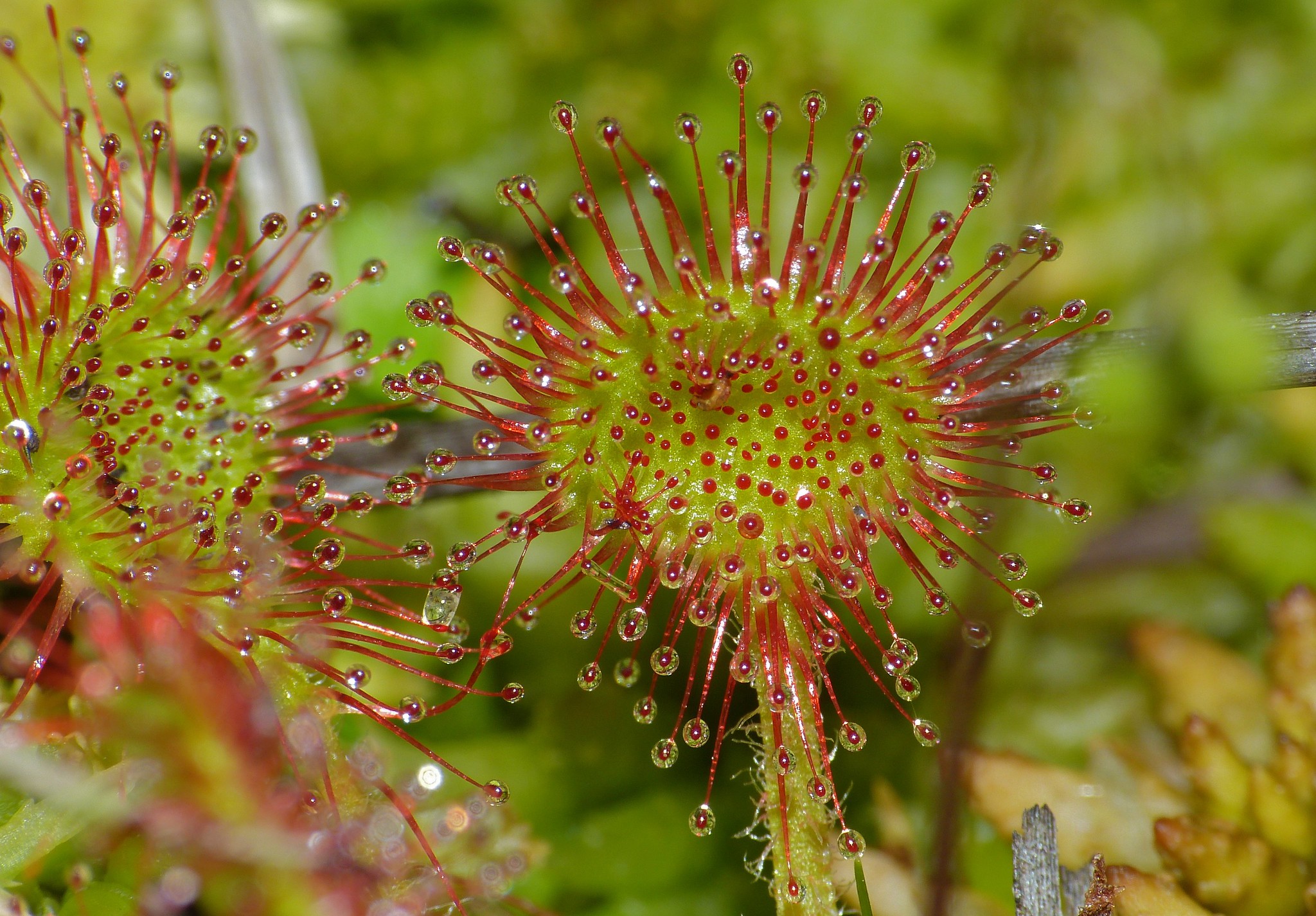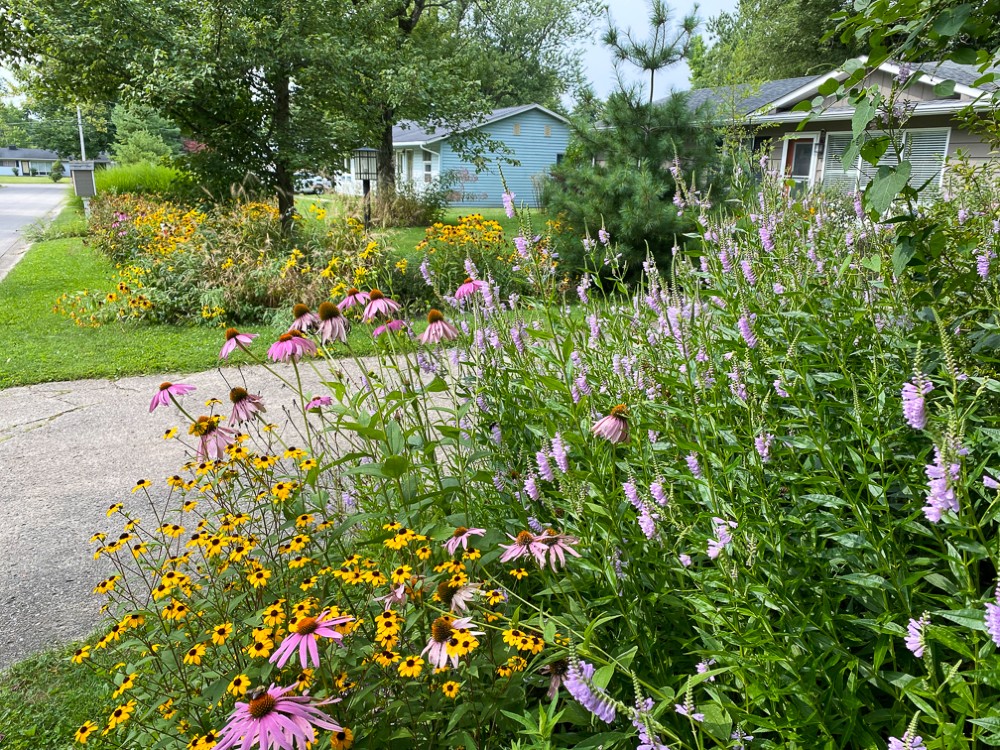 MUNCIE, Ind., Apr. 1, 2024– In a bizarre twist of nature, a carnivorous plant has astounded botanists by declaring its newfound commitment to veganism. The Round-leaved Sundew (Drosera rotundifolia), known for its carnivorous appetite, has had a change of heart and started refusing its usual diet of insects.
MUNCIE, Ind., Apr. 1, 2024– In a bizarre twist of nature, a carnivorous plant has astounded botanists by declaring its newfound commitment to veganism. The Round-leaved Sundew (Drosera rotundifolia), known for its carnivorous appetite, has had a change of heart and started refusing its usual diet of insects.
The Round-leaved Sundews of Indiana released a statement on Monday that they wish to be emancipated from the Sundew genus Drosera and live a more herbaceous lifestyle. Sundews make up one of the largest groups of carnivorous plants, with more than 150 species. It is unclear if the rest have converted to veganism.
Sundews are “flypaper” plants that trap prey in sticky hairs on their leaves. Their leaves look like long tentacles, each with a sticky gland at the tip. These glands look like drops of dew glistening in the sun, thus the name.
The sticky gland produces sweet nectar to attract prey, a powerful adhesive to trap it, and enzymes to digest it. Once an insect becomes stuck, tentacles coil around the prey to smother it. Sundews can kill a trapped insect in about 15 minutes but may take weeks to digest it.
Sundews are widely distributed in tropical and temperate regions, but they are most common in fens with sandy, acidic soil. In Indiana, Sundews have been verified to be found in several locations, mostly in northern counties.
The newly vegan Round-leaved Sundews point out that they used to consume insects mostly for nutrients, especially nitrogen, that are not available in the acidic soil of their preferred habitat. Instead, these once-carnivorous plants suggest nitrogen-rich vegetables like kale and Brussels sprouts as substitutes.
The Sundew’s statement goes on to say, “We understand this may spark a wave of confusion among the scientific community and our fellow Sundews. But our motivation of empathy towards insects is pure. We ask that people respect our wishes as we explore the adaptability of our nature.”
Meanwhile, plant enthusiasts and activists worldwide have hailed their decision as a symbol of compassion and hope for a more harmonious relationship between plants and animals. Social media has been abuzz with memes and messages of support for Round-leaved Sundews, with many users offering tips on vegan recipes for the plant.
Because mosquitos are an abundant insect in Sundews’ preferred habitats, they make up a significant portion of their diet. In response to their statement, botanists are urging the Round-leaved Sundew to give carnivory a second chance.
Fens, where Sundews live, are rare wetland habitats that are disappearing because of development, reduction of wetland protections, and climate change. While Sundews are figuring out their new lifestyle, conservation advocates remind the public that these places must be protected. Not only for Round-leaved Sundews but for all the bizarre and beautiful plants and animals within them.
…
April Fools! Red-tail would like to thank Round-leaved Sundews for an April Fool’s joke at their expense. These plants are happy to go back to eating mosquitoes instead of kale.
Photo: Round-leaved Sundew by Bernard Dupont



